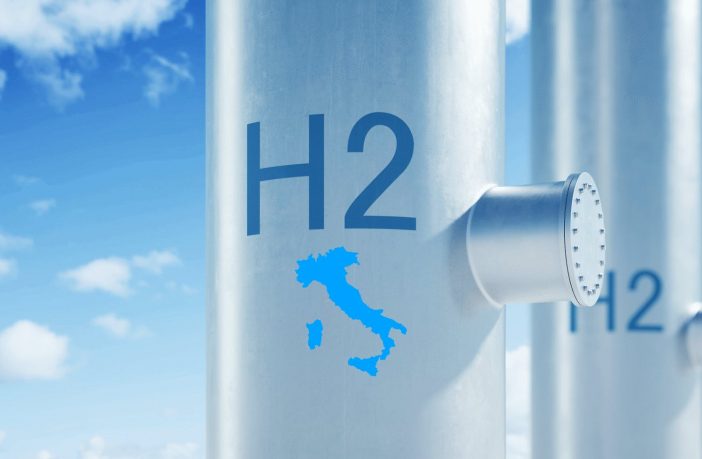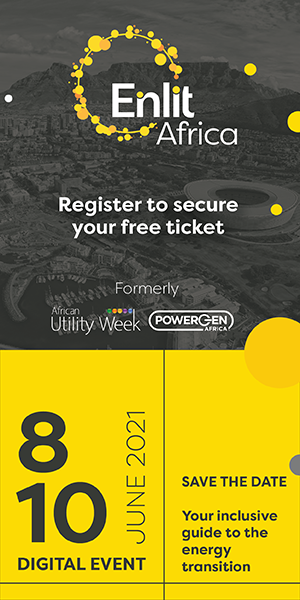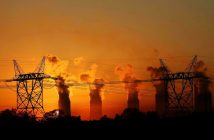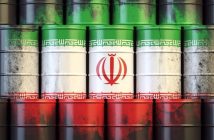- The Energy and Water Sector Education and Training Authority (EWSETA) together with key stakeholders are geared to guide innovation and upskilling as part of ensuring that South Africa’s hydrogen potential is realised.
While the development of a modern, industrialised world has been dominated by the use of fossil fuels thanks to the abundance of supply, ease of access, and their efficient application, the current reality is that fossil fuels are becoming more expensive to extract and their impact on the environment has seen many countries commit to reducing carbon-based emissions.
In South Africa, coal-fired power stations are reaching the end of their life cycle and the country faces an electricity supply shortfall of between 4,000 and 6,000 megawatts that will negatively affect economic growth and investor confidence.
As a result, the South African government has been working closely with numerous industry stakeholders like Bambili Energy, various government departments including the Department of Science and Innovation (DSI), Department of Mineral Resources and Energy (DMRE), and foreign investors to address energy challenges.
South Africa’s 2,800km coastline, that brings with it an abundance of wind, and the 2,500 hours of sunshine annually, present wind and solar energy as viable alternatives to fossil-based energy. This makes South Africa an attractive renewable energy investment destination.
According to the 2020 statistics of utility-scale power generation, research conducted by the Council for Scientific and Industrial Research (CSIR) indicates South Africa has been gradually adding utility-scale wind, solar photovoltaic and concentrated solar power for years, increasing the installed capacity from 467MW in 2013 to 5,027MW by the end of 2020.
Another crucial energy form is hydrogen. Hydrogen Fuel Cell technology is not new. In fact, it was first invented in 1839 by Welsh scientist William Robert Grove. It was only in the 1960s though that the fuel cell was used commercially by NASA to generate power for probes, satellites and space capsules.
A major component of water, oil, natural gas and all living matter, hydrogen is one of the simplest and most abundant elements in the universe. Hydrogen fuel cell systems convert chemical energy into electrical energy through a reformer process that separates the various elements into hydrogen and water. This reformer process is achievable using components including platinum, which South Africa has in abundance.
South Africa is now also actively pursuing the many benefits of introducing hydrogen fuel cell energy to its renewable energy mix, as well as capitalise on the deployment of hydrogen fuel cell technology in many countries internationally. Bambili Energy is a South African company that seeks to manufacture fuel systems by combining locally developed IP with international-made components.
The former Department of Science and Technology initiated the Hydrogen South Africa (HySa) programme approved by Cabinet in 2007 and officially launched in 2008 has been instrumental in supporting the growth in this industry. According to Bambili Energy: “The collaboration between the various public and private stakeholders is critical for South Africa to utilise its competitive edge and become a serious hydrogen economy in the global renewable energy sector.”
HySa aims to stimulate and guide innovation along the value chain of hydrogen and fuel cell technologies and ultimately position South Africa to derive local benefits from supplying high value-added products (e.g., PGM catalysts and catalytic devices) to the growing international fuel cells and hydrogen markets. These local benefits include economic benefits through jobs, wealth and new industries creation, and the development of appropriate skills and human resource capital.
The motivation and driving force for the HySa programme is the prevalence of platinum reserves found in South Africa. Platinum group metals are the key catalytic materials used in most fuel cells and, with more than 75% of the world’s known platinum reserves found within South African borders, there is great potential for socio-economic benefits to be derived from these natural resources. South Africa can harness these benefits through the development of local PGM-based hydrogen and fuel cell technologies.
The Skills Connection
With new technology, comes a need for new skills and it is here that EWSETA has an important role to play. Brazil had to halt its development of hydrogen fuel cell technology because of challenges with available skills. It is important that South Africa learns from Brazil’s experience and ensures that the right skills are available to embrace all that the hydrogen technology is able to offer the country.
According to Mpho Mookapele, CEO for the EWSETA: “As the skills development authority in the energy sector, we need to work closely with all role players in the hydrogen industry to ensure that as the uptake of this technology grows in South Africa, young people are being capacitated with the knowledge and skills needed to see this technology flourish and make an important contribution to securing South Africa’s energy demands.”
The role of industry in developing skills cannot be overstated and to date, several organisations have worked with HySa to deploy much-needed research, development and skills deployment as South Africa seeks to grow its hydrogen economy.
Impala Platinum Holdings (Implats) funded one of three HySA centres of competence, with R6-million to enable the prototype development of hydrogen fuel cell driven material handling and underground mining equipment. Implats have also supported another centre, HySA Catalysis, by supplying platinum for the scale-up of the production of South African developed fuel cell catalysts.
Anglo American Platinum, together with the Young Engineers and Scientists of Africa (YESA) group and the South African Agency for Science and Technology Advancement (SAASTA) developed an educational programme in 2015 that has been rolled out to schools in Cofimvaba in the Eastern Cape, teaching learners about the science of fuel cells. To date, 3,500 learners from grade R to grade 12 at 26 schools have benefited from this programme.
More recently, Bambili Energy, entered into a partnership with the DSI, the South African National Energy Development Institute, HySA, the University of Pretoria and EWSETA to train unemployed graduates from technical and vocational education and training (TVET) colleges and Universities of Technology with N4- or N6-level qualifications in chemical and electrical engineering on Hydrogen energy.
To date, a cohort of 17 candidates has successfully completed the 6-week training programme that included unemployed graduates from TVET colleges and Universities of Technology and technical professionals from the Department of Defence (DoD), DSI, DMRE and the Department of Public Works and Infrastructure (DPWI).
Amongst the students, three candidates, who successfully completed the programme, have been awarded an EWSETA-funded internship with Bambili Energy. “At Bambili Energy, we firmly believe that the only way to bridge the knowledge gap in the hydrogen economy is to combine academic work with internship programs designed for this particular industry,” says the Bambili Energy CEO. This will contribute to the growth of hydrogen fuel cell technology skills in the country.
While the University of Pretoria currently offers a university-accredited introductory short course in Hydrogen Fuel Cells Systems, the course does not offer credits towards a full qualification.
“The existence of an accredited occupational qualification underpins the success of growing knowledge on any subject, but there is currently no accredited occupational qualification on hydrogen in South Africa,” says Mookapele. “We have joined forces with Bambili Energy that is able to offer subject matter expertise and made a submission to the Quality Council for Trades and Occupations (QCTO) to register a skills programme on hydrogen.”
The DSI has initiated a process, with other government and industry stakeholders, to develop a Hydrogen Society Roadmap that will lead South Africa towards a hydrogen society. The aim of the roadmap is to create a policy document that will inform all relevant parties in South Africa about the potential and immediate benefits of developing and deploying hydrogen technologies.
In addition, the roadmap will address how these benefits can be integrated into the South African renewable energy master plan. The result has been the first draft of the Hydrogen Society Roadmap that was completed at the end of November 2020.
The EWSETA is a key stakeholder in this hydrogen roadmap and represents the skills needs of the hydrogen economy on various committees, that includes among others, the Deployment Oversight Committee and Human Capital Development Sub-Committee.
“Meeting the country’s energy challenges requires that we embrace any and all opportunities to grow our renewable energy footprint and with this comes numerous skills developments and employment opportunities. As the ESWETA, we are intent on working with all industry stakeholders to ensure that our young people join us on this exciting journey,” concludes Mookapele.
Author: Nomvuyo Tena

Nomvuyo Tena is a Content Producer at Clarion Events Africa and is as passionate about the energy transition in Africa as she is about music and Beyonce. This article was originally published on ESI Africa and is republished with permission with minor editorial changes.













